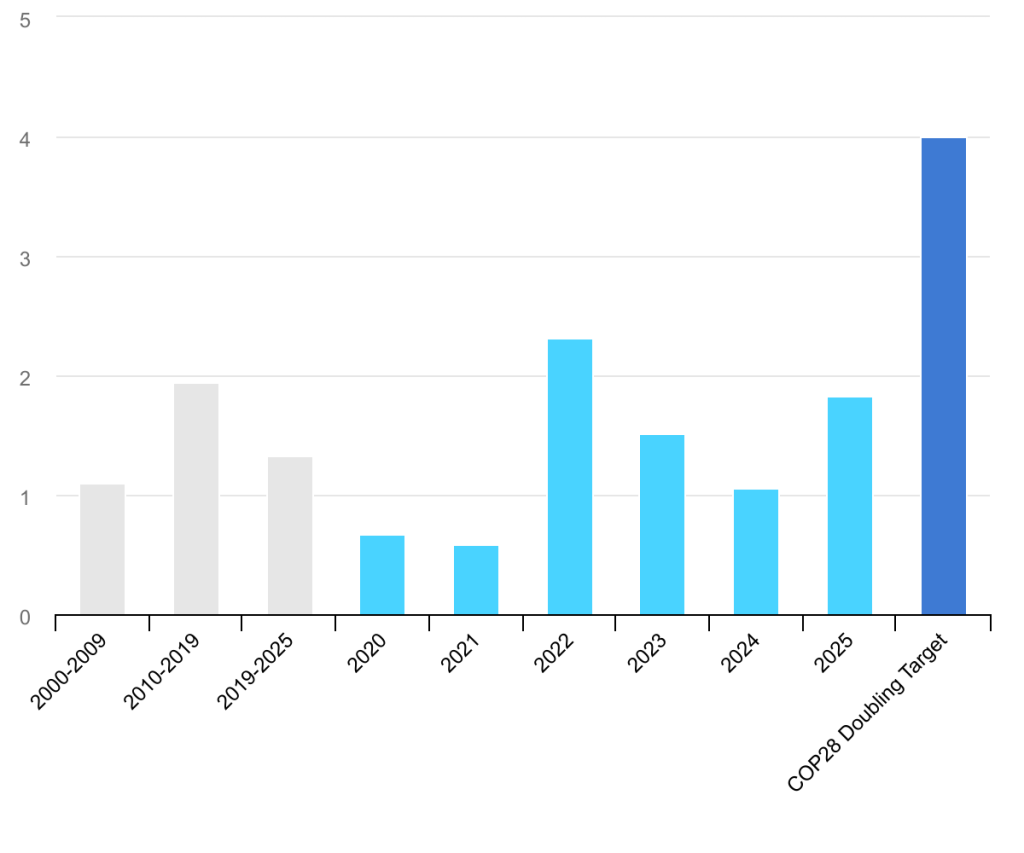
The International Energy Agency (IEA) forecasts that global energy efficiency progress in 2025 will accelerate, with primary energy intensity projected to rise by 1.8% compared to only 1% in 2024.
This acceleration signals renewed momentum for global energy efficiency progress, a key factor for strengthening energy security, boosting economic competitiveness, and reducing both energy costs and emissions.

Discover B2B Marketing That Performs
Combine business intelligence and editorial excellence to reach engaged professionals across 36 leading media platforms.
According to the IEA’s annual update, ‘Energy Efficiency 2025’, early data indicates that major economies such as India and China are showing stronger improvements in energy efficiency relative to their average performance since 2019.

The report highlights that global energy efficiency has averaged about 1.3% per year since 2019, a notable decline from the about 2% yearly progress recorded between 2010 and 2019.
The new IEA report highlights areas where governments are taking stronger action and analyses key trends that are hindering faster progress.
A major challenge outlined in the report is that the majority of global final energy demand growth since 2019 has been concentrated in the industrial sector, where progress in energy intensity has slowed considerably in recent years.

US Tariffs are shifting - will you react or anticipate?
Don’t let policy changes catch you off guard. Stay proactive with real-time data and expert analysis.
By GlobalDataCurrent global efficiency gain remains below the 4% annual improvement target for 2030 set at Conference of Parties 28 (COP28) in Dubai in 2023, where nearly 200 governments pledged to double the global average annual energy efficiency improvement rate by the end of the decade.
The IEA study points to policy development lagging behind technological advancement, resulting in missed opportunities for energy savings.
The report stresses the importance of stronger policy action to unlock faster progress.
Governments are encouraged to raise the goal of existing measures and to close remaining policy gaps to accelerate energy gains.
About half of all countries still have minimum energy efficiency standards for new buildings, including many with rapidly growing construction activity, according to the report.
Targeting these policy gaps, especially in areas with high energy use and strong potential for savings, could potentially speed up global energy efficiency improvement.
To enhance transparency and achieve quicker progress, the IEA has expanded its Energy Efficiency Progress Tracker, providing updated regional insights aligned with the findings of Energy Efficiency 2025.



